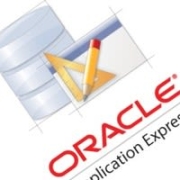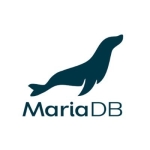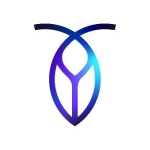What is most valuable?
From a business stand point, the ability to go to market, compliance and business enabling is what matters most. Oracle database has rich functionalities that helped us design a system that meets our business' changing needs. However I was responsible for maintaining service levels. My focus was on how to provide consistent response time and the throughput amidst changing business needs and growing data. Oracle database offers one of the industry's best diagnostic infrastructure that enables expert DBA to know exactly how system behaves under different workload, thus able to proactively prevent any performance bottlenecks or quickly respond to exceptional situation or even be able to predict future performance.
How has it helped my organization?
Databases are usually unknown to business users. The business users draw value by using the system to operate the business processes and making the decision at various stages. Businesses do not expect exceptions in their daily routine from a computerized system. Having said that, consistently performing systems enables businesses to serve the customer in consistent manner.
What needs improvement?
Today we do lots of database consolidations, which means multiple applications reside in the same physical databases using one or more schema. I would like to see some seamless feature to simply drag and drop all the objects belong to one application from one database to another database.
For how long have I used the solution?
I have used Oracle database releases from 8i to 11g since 2001. We used it primarily as a database component of Oracle Application 11i. Subsequently we continue to expand the usage to many new application systems including business intelligence and B2B applications.
What was my experience with deployment of the solution?
Oracle databases are the most reliable, accompanied by good documentation and support. We never encountered an issue during the deployment which was due to a product issue.
What do I think about the stability of the solution?
Any system goes through a phase of stabilizing which takes a fair amount of time. Fortunately, with Oracle database, this time has reduced significantly.
What do I think about the scalability of the solution?
Not in our line of business.
How are customer service and technical support?
Since 2001, I have enjoyed reliable service from Oracle Support.
Which solution did I use previously and why did I switch?
We always used Oracle Database. We also have SQL Server databases serving many small-medium scale applications. And they perform better as well. In my experience, SQL server databases offers stable database environment. It is easy to use and quick to learn for new DBAs with same windows UI.
How was the initial setup?
Initial setup was certainly complex, specifically from the application standpoint. We had deployed many new modules that Oracle Application 11i offered in their version 11.5.4. These products had significant impact on database performance. There were also many customizations in the application system. It took us almost 6 months to establish consistently performing system environment.
What about the implementation team?
In Singapore we implemented through Oracle Consulting. They are one of the best in the industry with a huge amount of dedication.
What other advice do I have?
Oracle database is one of the best database systems with largest population of experts around helping the global communities. Hence the knowledgebase is rich and vast. However, workout a strong business case in order to get it approved by the sponsor. As a technology expert, IT function needs clear strategy while selecting one product over another.
Disclosure: I am a real user, and this review is based on my own experience and opinions.
















Oracle has grown with rich features year after years and that's what it makes a #1 RDBMS database today.